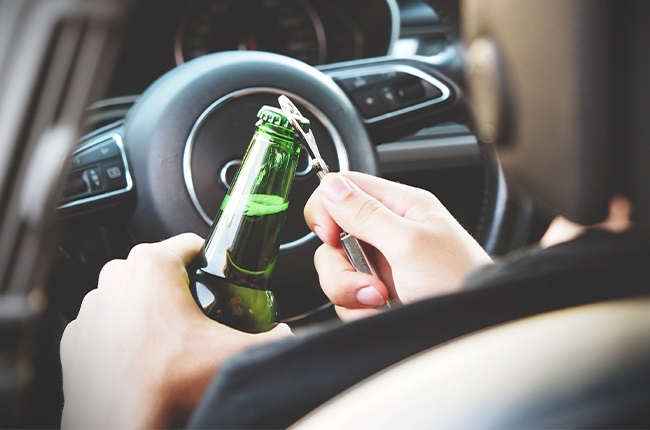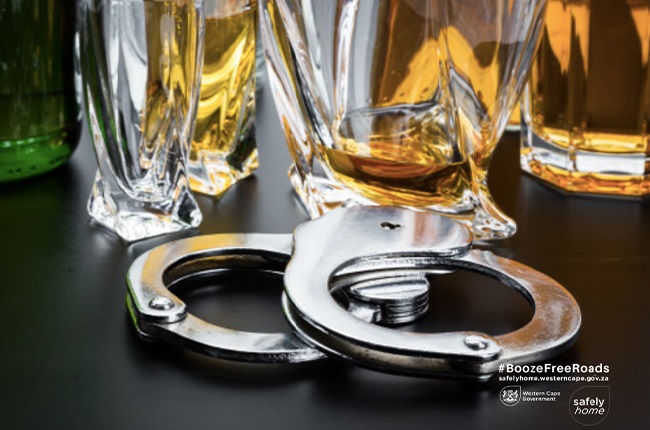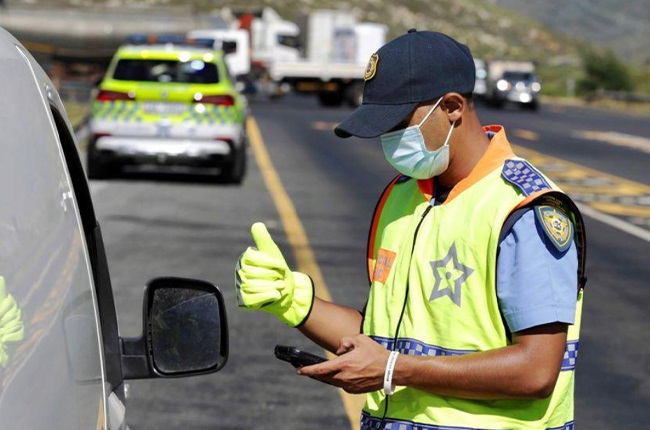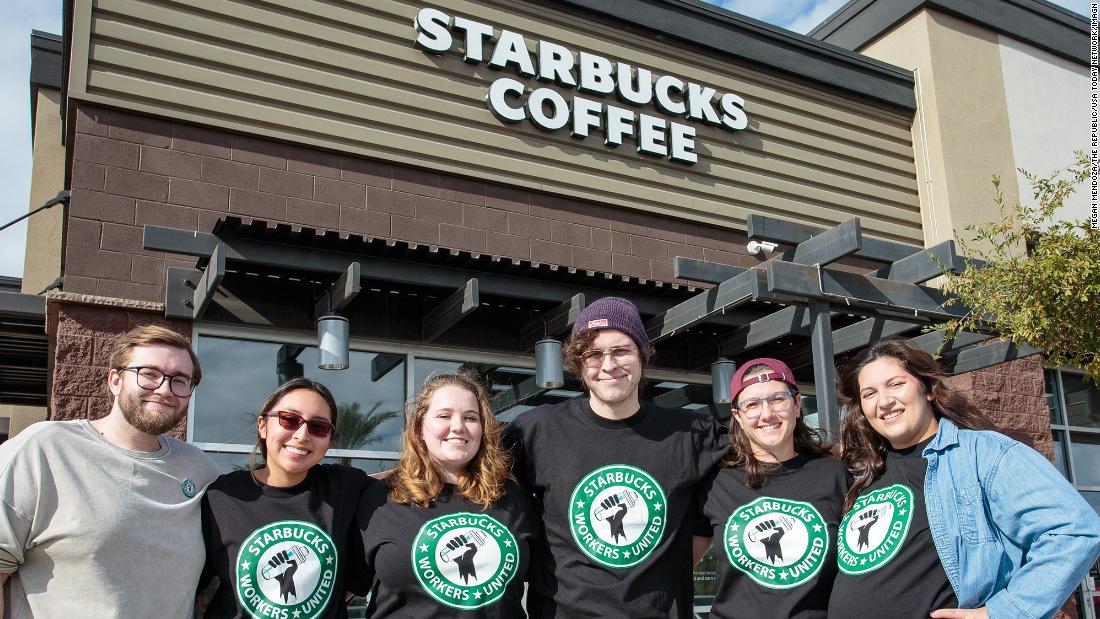Driving under the influence of alcohol is illegal.
- South Africans will be able to buy wine at select gas station convenience stores across the country.
- If alcohol becomes readily available on long journeys, at gas stations, the risk of drunk driving increases along major highways.
- Increased enforcement, more roadblocks and increased breathalyzer checks are needed to curb the pandemic of drunk driving in South Africa.
- For automotive news, visit Wheels24
South Africa’s challenge with alcohol has been made clear in the context of the country’s response to the Covid-19 pandemic, which included a complete ban on the sale of alcohol on four separate occasions for a collective period of 160 days.
Now that South Africa has returned to the lowest alert level, restrictions on alcohol sales have been lifted and it’s back to business for the liquor industry.
Several petrol stations in South Africa have been licensed to sell wine, and there are fears that this extended availability could exacerbate South Africa’s alcohol problem. However, I must point out that the availability of alcohol for purchase is not in itself problematic. The problem arises when South Africans buy and consume alcohol and then get behind the wheel to drive.
To prevent this dangerous situation of drunk driving, it is necessary to deter motorists from driving under the influence of alcohol, which means that enforcement measures must be visible and unavoidable.
Convenience is not the issue
As the availability of alcohol becomes more convenient and widespread, traffic enforcement must become stricter to ensure that South African roads remain as safe as possible by deterring bad driving behaviour. If more service stations were to apply for liquor licenses, several road safety factors would need to be considered before the liquor authorities could grant the license.
When the location of the garage convenience store is in a suburban area, it resembles a neighborhood liquor store and poses no increased danger to road safety, unlike permitting the sale of alcohol in convenience stores on long-haul routes, which could pose a risk to motorists.
Lack of enforcement is the challenge
While it’s tempting to think the problem will get worse because alcohol is readily available on the road, that doesn’t solve the problem. Instead, we should look at the drunk driving problem in South Africa as a whole.
This means that wherever alcohol is sold, the police have a responsibility to ensure that drunk driving is not permitted. When granting additional liquor licenses, the government should increase the rate of roadblocks by monitoring drivers to mitigate the risks they create by allowing more outlets to sell alcohol.
Licensing regulations for gas stations should state that a license to sell alcohol is subject to the responsibility of assisting law enforcement in combating drunk driving. Here, garages could be forced to donate. For example, they could be mandated to sponsor a proportional number of breathalyzer kits at the nearest police station to show that they are not just there to make a profit, but rather to show that they are just as concerned about supporting the fight against drunk driving. initiatives.
STAY UPDATED with the latest automotive news by subscribe to our FREE newsletter, ‘LET’S DRIVE’.
Enforcement by roadblocks
Regular road checks or roadblocks will need to be increased, which will require more police officers to be trained in alcohol testing. This, in turn, will require allocating more budget to law enforcement for training and testing equipment to perform more frequent and regular breathalyzer tests on drivers at roadblocks to reduce alcohol driving.
Penalties for drunk driving range from a fine of up to R120,000 or a maximum of six years in prison. Enforcement through roadside alcohol testing must go hand-in-hand with strong arrest and prosecution for exceeding the legal alcohol limit in order to have an appropriate deterrent effect on drink-driving.
Warning: Wheels24 encourages free speech and the expression of diverse opinions. The opinions of contributors/columnists published on Wheels24 are therefore their own and do not necessarily represent the opinions of News24 or Wheels24.
STAY UPDATED with the latest automotive news by subscribe to our FREE newsletter, ‘LET’S DRIVE’.







